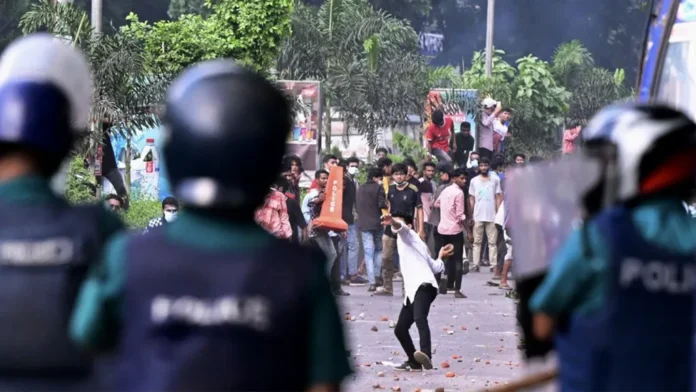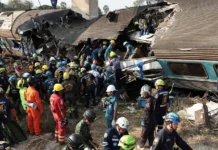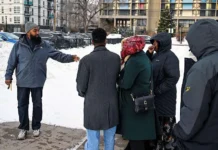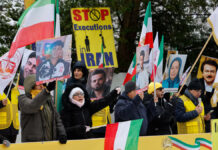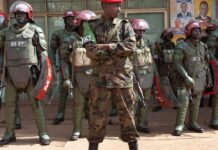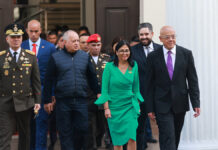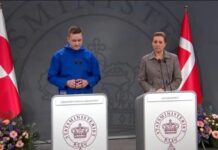Former Bangladeshi Prime Minister Sheikh Hasina directly authorised a deadly crackdown on anti-government protesters last year, according to a leaked and independently verified audio recording. The BBC World Service, through its investigative unit BBC Eye, confirmed the authenticity of the recording, which captures Hasina ordering security forces to “use lethal weapons” and to “shoot” protesters “wherever they find [them].”
The audio, reportedly recorded on 18 July 2024 while Hasina was at her official residence in Dhaka, surfaced online in March. It has since become key evidence in Hasina’s ongoing trial in absentia at Bangladesh’s International Criminal Tribunal (ICT), where she faces charges of crimes against humanity, including incitement, conspiracy, and mass murder.
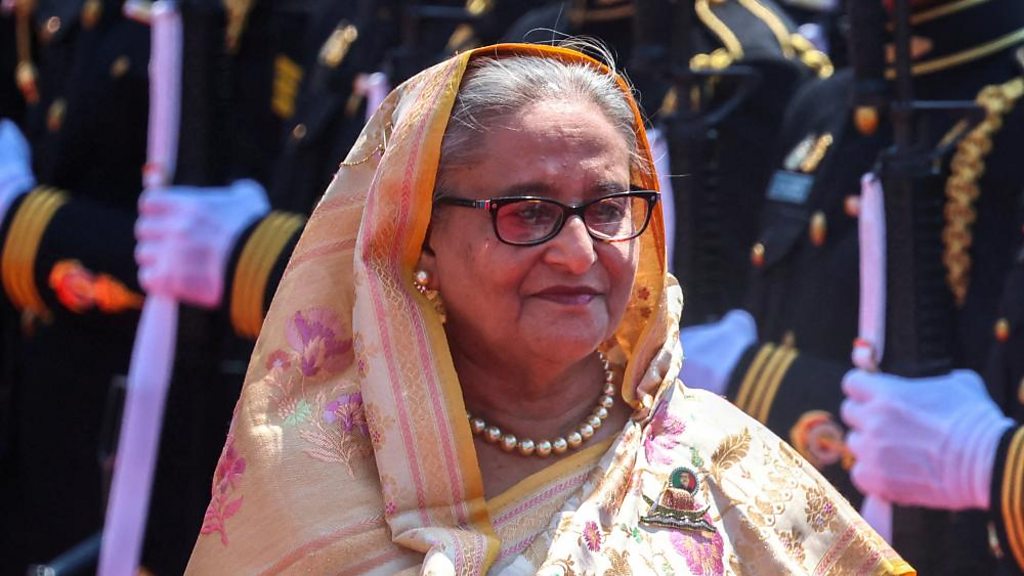
Former Bangladeshi Prime Minister Sheikh Hasina. Photo/Courtesy
According to UN investigators, up to 1,400 people were killed during the 36-day unrest in mid-2024, the deadliest violence in Bangladesh since the 1971 war of independence. The protests, initially sparked by civil service job quotas favoring descendants of 1971 war veterans, escalated into a broader uprising that eventually ousted Hasina after 15 years in power.
Some of the worst violence occurred on 5 August 2024, the day Hasina fled by helicopter as demonstrators stormed her Dhaka residence. A BBC investigation revealed that in just one incident in Jatrabari, police killed at least 52 protesters, higher than the 30 deaths initially reported. The investigation used CCTV footage, drone imagery, and witness accounts to show that police opened fire indiscriminately after army personnel left the scene.
The leaked recording was voice-matched to Hasina by Bangladesh Police’s Criminal Investigation Department and independently verified by audio forensic experts at Earshot, who found no signs of editing or synthetic generation.
The National Telecommunications Monitoring Centre (NTMC), a Bangladeshi agency, reportedly recorded several calls involving Hasina. While the origin of the leak remains unknown, the 18 July recording is considered the most damning evidence of Hasina’s direct involvement.
A spokesperson for the ruling Awami League party, which Hasina once led, dismissed the tape’s legal weight, denying it showed any “unlawful intention” or “disproportionate response.” The party also rejects the UN’s findings, asserting that government actions were “proportionate” and aimed at preserving order.
Hasina, now in India, has refused to return to face trial. India has yet to respond to Bangladesh’s extradition request. In the meantime, 203 people, including former government and police officials, have been indicted by the ICT; 73 are in custody.
The interim government led by Nobel laureate Muhammad Yunus has pledged reforms and is preparing for national elections. Whether the Awami League will be allowed to participate remains uncertain.
Written By Rodney Mbua









